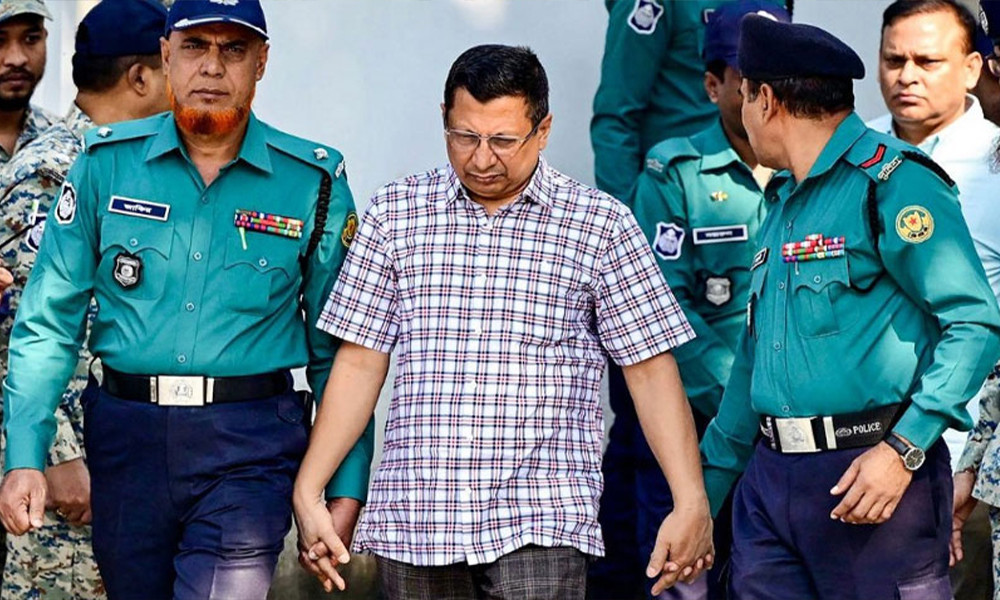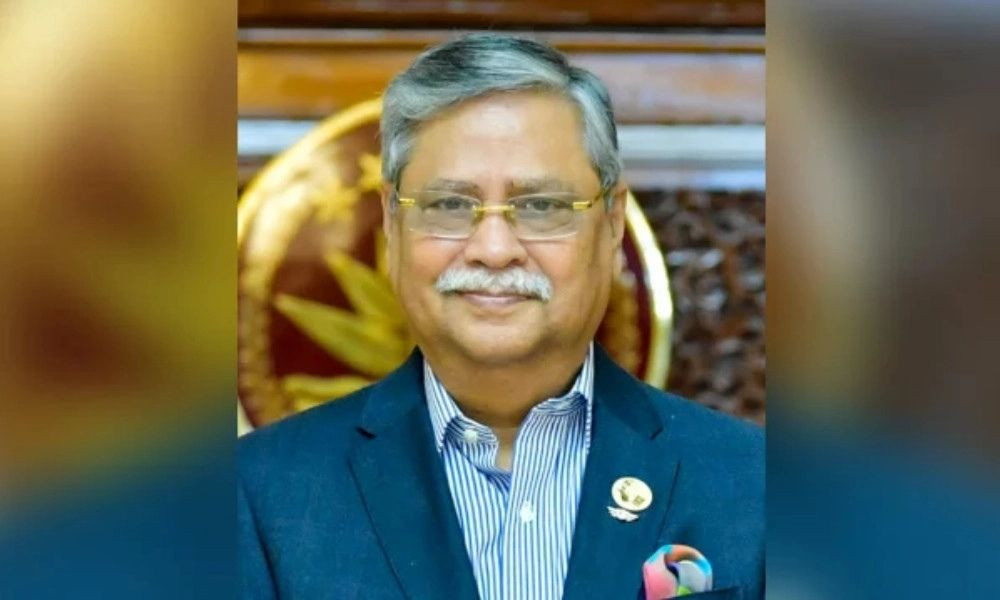
Govt to announce decision on implementing ‘July National Charter’ today
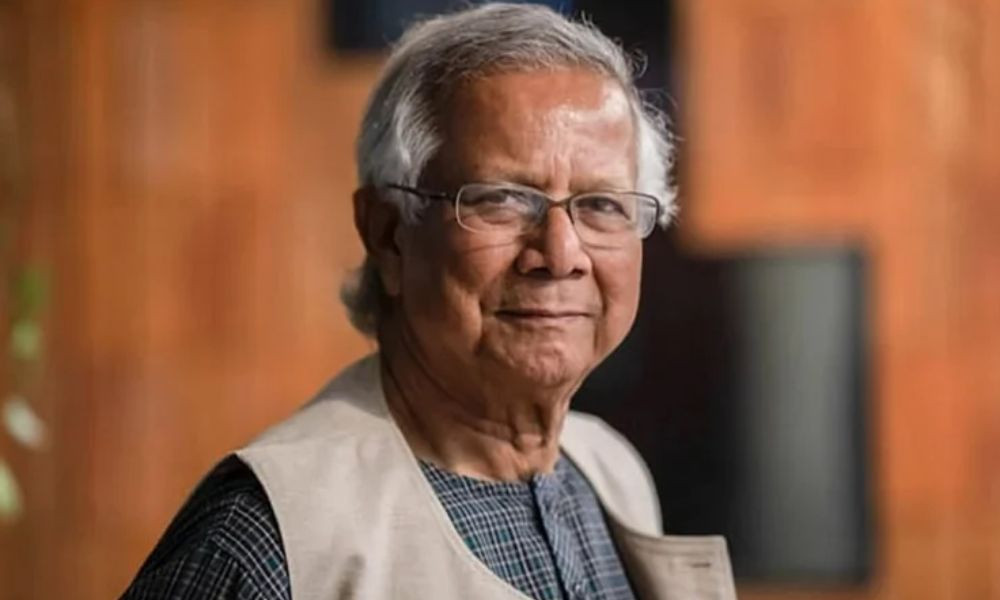
Bangla Press Desk: The government is poised to move ahead with the “July National Charter 2025” on its own, after political parties failed to submit any formal proposals or reach a consensus on its implementation. Despite last-minute efforts to bridge the sharp divide between the BNP and Jamaat-e-Islami, the interim administration has decided to take matters into its own hands.
The issue tops the agenda of the Advisory Council meeting of the interim government, scheduled for Thursday morning under the leadership of Chief Adviser Dr. Muhammad Yunus. Following the meeting, Dr. Yunus is set to address the nation at noon, where he is expected to announce the government’s final decision on the much-debated charter.
Political sources confirm that the BNP, Jamaat, and NCP, along with their allies, remain deeply divided over core aspects of the reform plan—including the charter order, the timing of the national referendum, the formation of an upper house under proportional representation (PR), and the note of dissent mechanism. With the deadline for compromise expired, the interim government has opted to finalize and enforce the implementation plan unilaterally.
According to official sources, the Advisory Council will today finalise the “National July Charter 2025 Implementation Procedure”—a document that outlines the path for constitutional and institutional reforms. The meeting’s six-point agenda includes discussions on issuing the Implementation Order-2025 and promulgating an ordinance for a national referendum to ratify the reform package.
The government had previously allowed the parties seven days from the 3 November meeting to reach an agreement. However, that window closed without progress. On 11 November, Law Adviser Asif Nazrul stated that a final decision was imminent, and now, officials confirm that Dr. Yunus’s national address will formally announce the government’s course of action.
The speech will be broadcast live on BTV, BTV News, and BTV World.
According to the Chief Adviser’s Press Wing, Dr. Yunus is expected to outline the implementation roadmap, address the mounting political tensions, and brief the nation on economic measures, administrative restructuring, and election preparations.
Government insiders say the Implementation Order is likely to be issued by 15 November, followed shortly by a referendum ordinance. The plan calls for the referendum and the national election to be held simultaneously in early February, consolidating decisions on the upper house formation under PR and the note of dissent clause.
In a high-level meeting on Wednesday, Advisers Asif Nazrul, Wahiduddin Mahmud, Adilur Rahman Khan, Muhammad Fouzul Kabir Khan, and Syeda Rizwana Hasan reviewed the final set of proposals. Sources present said several adjustments were considered to strike a balance between the BNP’s and Jamaat’s competing demands.
The BNP has pushed for the referendum and election to take place on the same day and for a Constitution Reform Council empowered under the note of dissent principle, while Jamaat and the NCP have demanded inclusion of an upper house based on proportional representation. The interim government is expected to merge elements of both positions into a “compromise framework”.
The referendum will likely feature four key questions tied to 48 constitutional reform proposals contained in the July Charter. Of these, 30 widely agreed-upon proposals will be grouped into a single “package question”, asking voters to approve them collectively. The remaining 18 proposals—covering sensitive issues such as the PR-based upper house, caretaker governance model, and executive reforms—will appear as separate ballot questions.
The National Consensus Commission, after consultations with 30 political parties, drafted the July National Charter 2025, which compiles 84 reform proposals from six reform commissions, 48 of which directly concern the Constitution. At least 30 proposals faced party dissent, but these differences were excluded from the Commission’s final draft.
The Commission originally recommended a single implementation order and a referendum with one comprehensive question: “Do you approve the July National Charter (Constitutional Reform) Implementation Order and the reform proposals listed in its schedule?”
However, the timing and method of that referendum were left to government discretion—a latitude Dr. Yunus’s administration now appears ready to exercise decisively.
Political analysts describe today’s developments as a turning point in Bangladesh’s reform process, warning that unilateral implementation—without broader political consensus—could deepen the existing political rift even as it seeks to push through long-delayed constitutional changes.
BP/TD
YOU MAY ALSO LIKE

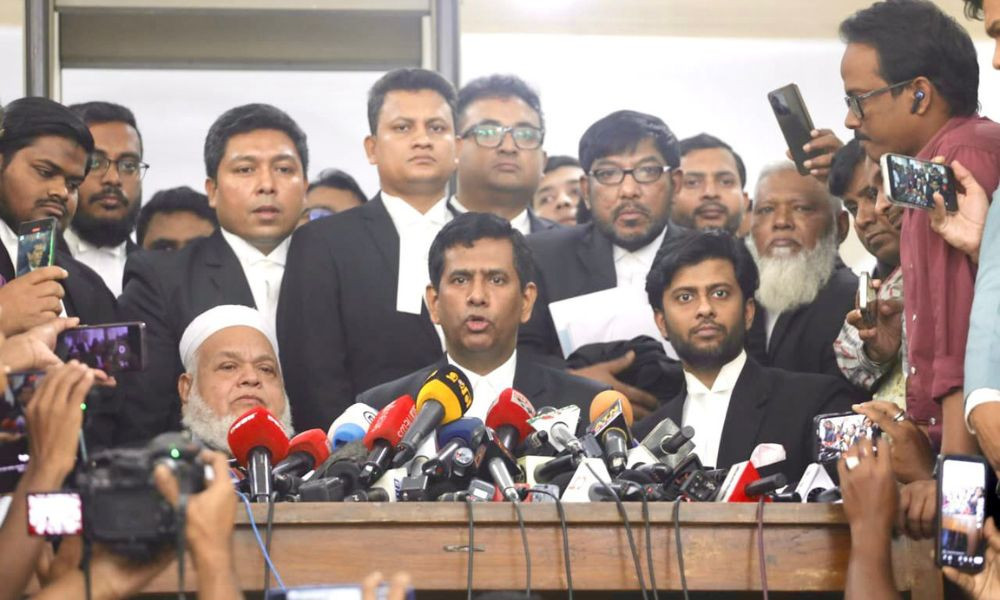
Tajul expects exemplary punishment for Hasina over crimes against humanity
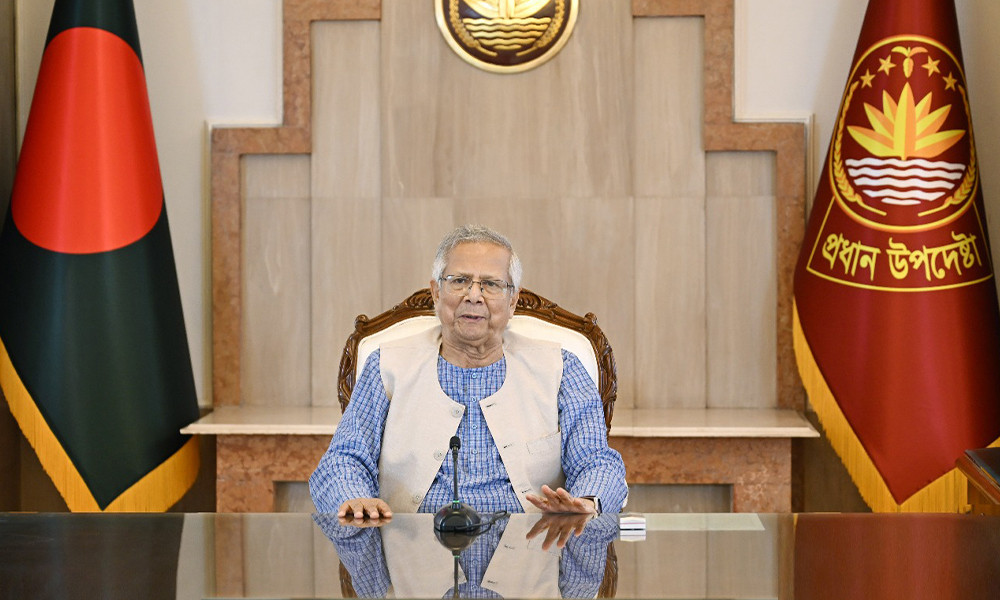
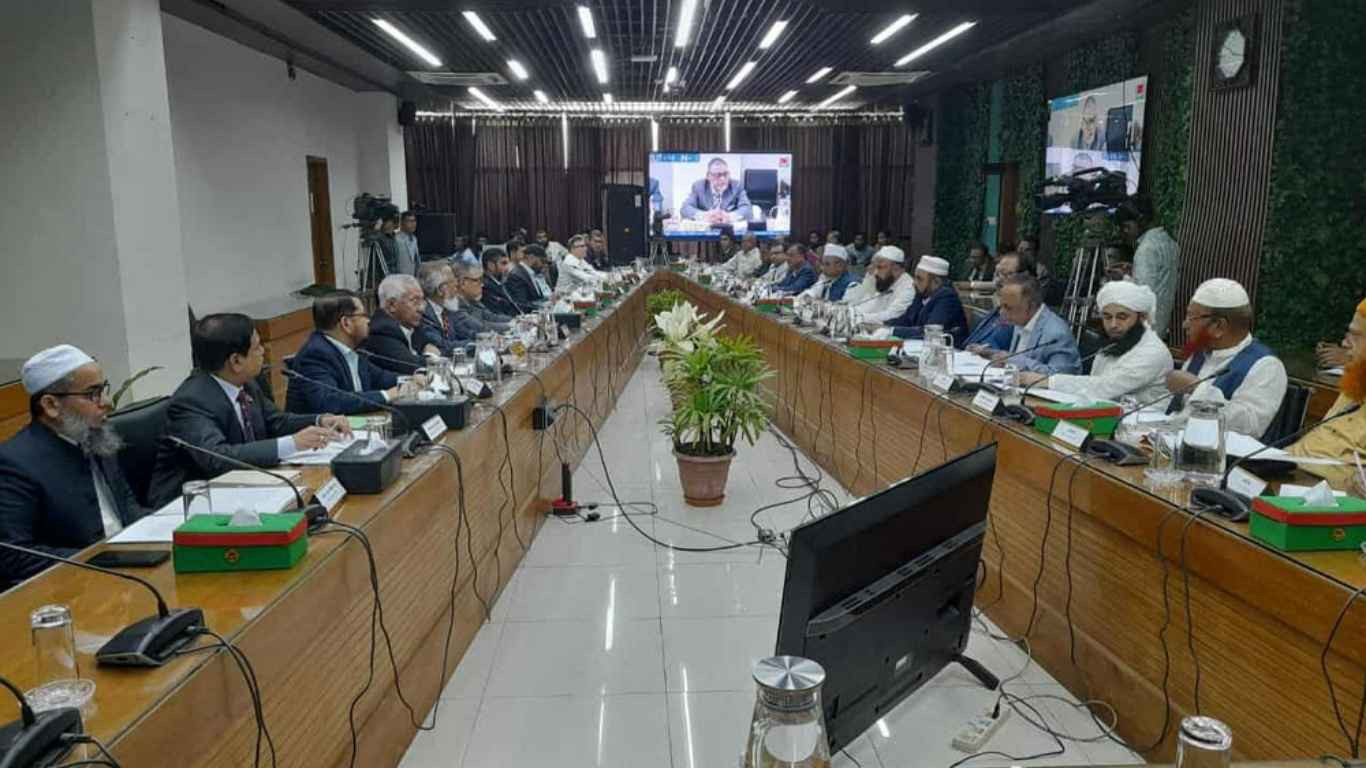
Commission will lose neutrality if players do not cooperate: CEC
